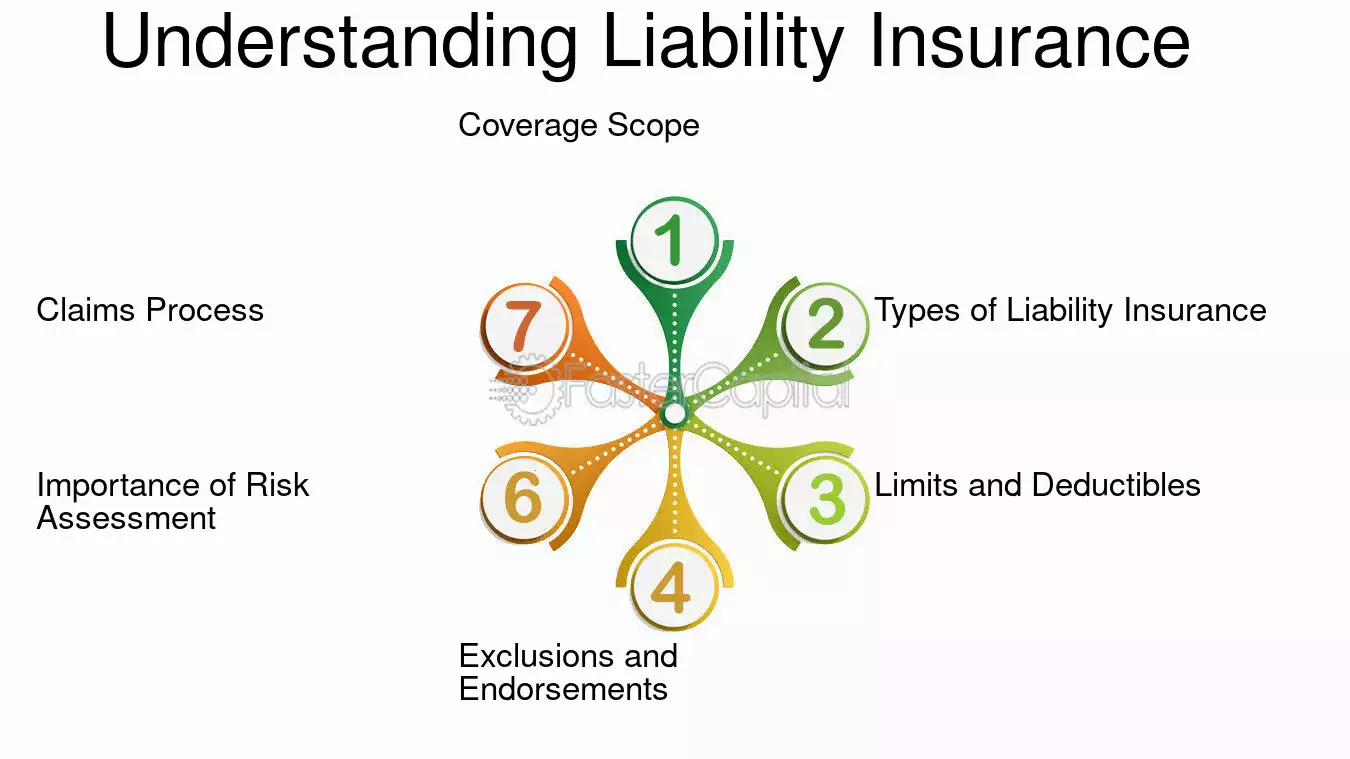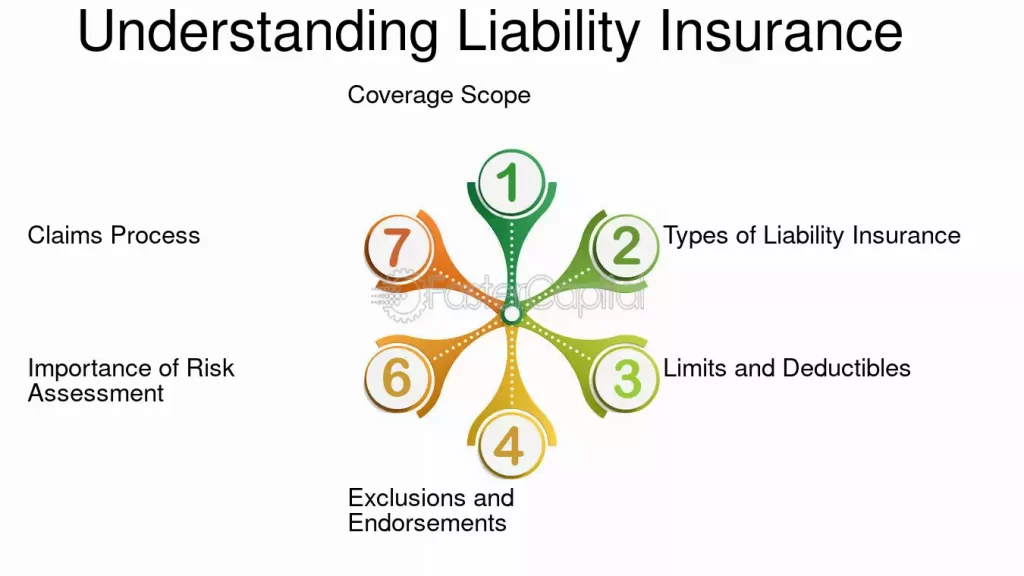Introduction
Running a business is both an exciting and challenging venture. It comes with opportunities for growth, but also risks that could jeopardize your financial stability. From accidents to legal disputes, unexpected events can lead to significant losses if you’re not adequately prepared. This is where business insurance becomes a critical tool for entrepreneurs. It provides a safety net, allowing you to focus on growing your business with peace of mind.
This guide offers insights into the essential aspects of business insurance, why it’s necessary, and how to select the right coverage for your enterprise.

What Is Business Insurance?
Business insurance refers to a range of policies designed to protect companies from financial losses caused by unforeseen events. It safeguards your assets, employees, and operations, ensuring business continuity even in the face of adversity. Tailored policies provide specific protection depending on the nature and needs of your business.
Why Entrepreneurs Need Business Insurance
For entrepreneurs, business insurance is not just a legal obligation but a strategic investment. Here are some compelling reasons why it is essential:
- Legal Requirements Many jurisdictions mandate certain types of insurance, such as workers’ compensation or liability coverage. Non-compliance can lead to hefty fines and legal complications.
- Risk Mitigation Businesses face risks like customer injuries, property damage, or cyberattacks. Insurance minimizes these risks by covering costs and providing support during crises.
- Asset Protection Your business assets, such as equipment, inventory, and property, represent substantial investments. Insurance protects these from damage or loss due to accidents or natural disasters.
- Reputation and Trust Insured businesses project reliability, enhancing their credibility with clients, partners, and employees.
- Continuity Assurance In events like natural disasters or lawsuits, insurance can ensure your operations resume quickly, minimizing downtime.
Types of Business Insurance
Different businesses require different insurance policies depending on their operations and risks. Here are key types to consider:
1. General Liability Insurance
Covers claims related to bodily injury, property damage, or personal injury occurring on your premises or due to your business activities.
2. Property Insurance
Protects physical assets, including buildings, equipment, and inventory, against risks like fire, theft, or vandalism.
3. Professional Liability Insurance
Also known as errors and omissions insurance, it safeguards service-based businesses from claims of negligence or substandard work.
4. Workers’ Compensation Insurance
Required if you have employees, this policy covers medical expenses and lost wages for employees injured on the job.
5. Business Interruption Insurance
Provides financial support for lost income and expenses when operations are temporarily halted due to a covered event.
6. Cyber Liability Insurance
Protects against financial losses from cyberattacks, data breaches, and associated recovery efforts.
7. Commercial Auto Insurance
Covers vehicles used for business purposes, protecting against damages or liabilities from accidents.
8. Product Liability Insurance
Essential for manufacturers or sellers, this policy covers claims related to harm caused by defective products.
9. Umbrella Insurance
Extends the limits of your primary policies, offering additional protection for large or unexpected claims.
Choosing the Right Insurance
Finding the right business insurance requires evaluating your specific needs. Here are steps to guide your decision-making process:
- Identify Potential Risks Assess risks specific to your industry, location, and operations. For example, a tech company may prioritize cyber insurance, while a retail store might focus on liability coverage.
- Understand Mandatory Requirements Research the types of insurance your region mandates for businesses, such as workers’ compensation or general liability.
- Consult Experts Work with an experienced insurance broker or agent to customize a policy that aligns with your needs and budget.
- Compare Options Get quotes from multiple insurers to find the best coverage at competitive rates. Pay attention to coverage limits and exclusions.
- Review Policy Details Carefully examine the fine print, including deductibles, coverage limits, and exclusions, to ensure there are no surprises during a claim.
- Bundle Policies Consider combining policies, such as property and liability insurance, into a Business Owner’s Policy (BOP) to simplify management and reduce costs.
Benefits of Business Insurance
Investing in insurance provides numerous advantages that strengthen your business’s foundation:
- Financial Security: Covers expenses from unexpected events, safeguarding your revenue.
- Legal Compliance: Meets regulatory requirements, avoiding fines or penalties.
- Employee Well-Being: Ensures employees are cared for during workplace incidents, fostering loyalty and satisfaction.
- Operational Stability: Minimizes disruptions during crises, enabling quick recovery.
- Enhanced Credibility: Demonstrates reliability to stakeholders, building trust and long-term relationships.
Misconceptions About Business Insurance
It’s Too Expensive
While some policies can seem costly, the financial burden of uninsured losses often far exceeds the cost of premiums.
Small Businesses Don’t Need It
Risks aren’t exclusive to large companies. Smaller businesses often face greater challenges recovering from setbacks due to limited resources.
One Policy Fits All
Each business has unique needs, and insurance should be tailored to address specific risks and vulnerabilities.
Managing Your Insurance
- Regular Policy Reviews Reassess your coverage annually or after significant business changes to ensure it remains adequate.
- Maintain Documentation Keep detailed records of assets, employees, and operations to simplify claims and verify coverage accuracy.
- Implement Risk Management Adopt measures to reduce risks, such as safety training or cybersecurity protocols, which may also lower premiums.
- Partner with Reliable Insurers Choose companies with strong financial ratings and responsive customer support for a seamless experience.
- Streamline Coverage Bundling policies under one insurer can simplify administration and reduce costs.
Conclusion
Business insurance is an indispensable tool for protecting your enterprise from financial risks and disruptions. By understanding the types of coverage available and tailoring policies to your needs, you can safeguard your assets, employees, and operations. Investing in the right insurance not only ensures compliance but also builds a strong foundation for sustainable growth. Entrepreneurs who prioritize insurance are better equipped to face challenges and seize opportunities, securing long-term success for their ventures.









